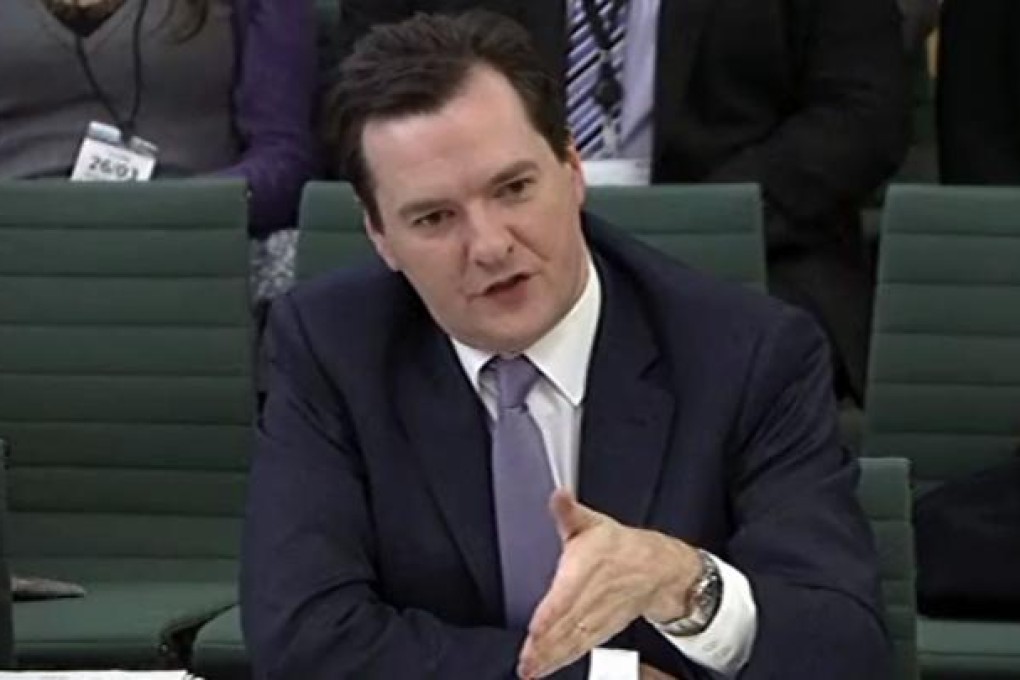Britain's Help to Buy homes plan a mixed blessing for Hong Kong
Market boost from 'Help to Buy' will have pros and cons for overseas investors

British government plans to stimulate the nation's housing market, announced last week, will bring mixed blessings for Hong Kong investors.
As part of his latest budget, Chancellor of the Exchequer George Osborne introduced Help to Buy, a combination of shared-equity loans for buyers and mortgage guarantees for lenders. The plan is open to first-time buyers and home movers, but not Hong Kong investors or other second-home buyers, although they will be indirectly affected.
Under Help to Buy, £3.5 billion (HK$41.4 billion) will be made available by the government over three years in shared-equity loans to buyers of new homes valued at up to £600,000. If a buyer stumps up a 5 per cent deposit, the government will lend them a further 20 per cent, interest free. Borrowers can repay the loan at any time.
The second part of Help to Buy is a mortgage-guarantee scheme that will become available from next January, intended to encourage lending to buyers with small deposits. The government will guarantee 20 per cent of a loan on all homes worth up to £600,000.
The scheme is aimed at helping buyers who can afford monthly mortgage payments but struggle to get home loans because banks have kept loan-to-value ratios low since the credit crunch.
Property website Rightmove calculates that the mortgage guarantee will affect more than 90 per cent of the housing market, because most homes for sale are valued at under £600,000.
Consultancy Capital Economics has revised its housing-market forecasts, predicting that Help to Buy will stop the fall in property prices by bringing more buyers into the market. Instead of residential property prices falling 5 per cent this year and 3 per cent next year, as it had previously forecast, it now says they will stay unchanged in both years.